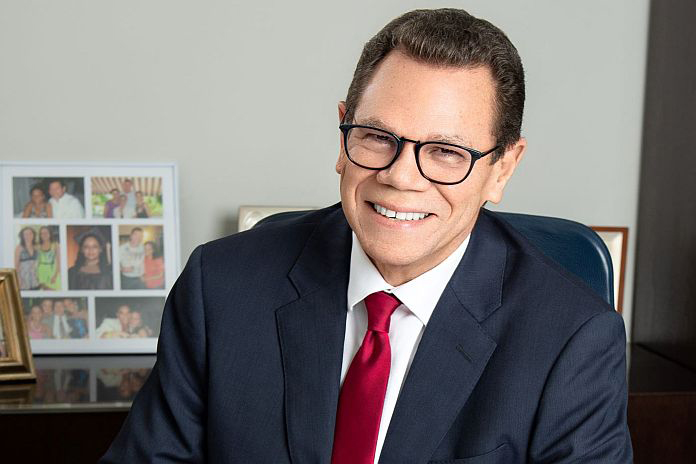As Caribbean governments continue to contemplate a way back from the devastation inflicted on the region’s respective economies arising out of the still raging coronavirus, outgoing President of the Caribbean Development Bank (CDB) Dr William Warren Smith says that as part of the recovery process, countries should cede a bigger role to their respective private sectors.
“Our bias should be towards a larger role for the private sector in stimulating economic growth, providing jobs, and earning foreign exchange through exports,” Smith told the virtual 10th UK-Caribbean Ministerial forum last week. Smith also highlighted two additional priorities for charting economic recovery and securing resilience to counter the region’s response to the COVID-19 fallout, namely, building buffers and diversifying economies.
Last week’s forum, chaired by British Minister of State in the Foreign and Commonwealth Office, Lord Tariq Ahmad, was convened to enable high-level talks on priority issues for the Caribbean including a comprehensive COVID-19 response, climate change, security, and trade.
While expressing cautious optimism that the worst of the coronavirus pandemic might be behind the region due to the now ongoing vaccination programme, the CDB president told the forum that the region’s road to complete recovery would nonetheless be arduous and daunting. Even in the face of regional governments’ ongoing preoccupation with responding to the virus, Smith cautioned that with the start of the familiar hurricane season being less than three months away, preparations for that eventuality could not be placed on hold. Since 2000 the Caribbean has had to endure 190 natural disasters which have directly affected the lives of around 14.5 million people. This time around, the region is likely to be faced with the prospects of continuing to cope with the consequences of COVID-19 and the impact of climate change, simultaneously.
Against this backdrop, Smith says that the Caribbean’s bias in the period ahead should be towards focussing on “a larger role for the private sector in stimulating economic growth, providing jobs and earning foreign exchange through exports.” Accordingly, he is recommending that regional governments scale up efforts to create an ecosystem that responds especially to the needs of micro-, small- and medium-sized enterprises (MSME) since these businesses account for over 70 per cent of all enterprises, 60-70 per cent of gross domestic product, and 50 per cent of employment, including employment for poor and marginalised groups. The CDB also wants governments’ policies and regulatory frameworks to “foster agility, innovation and value-creation and incentivize value-creation to improve their competitiveness in order to successfully penetrate regional and international markets.”
And according to the CDB president, the Bank itself is seeking to play a more central role in supporting the potential of regional medium and small enterprises. He noted that as a specific response to the COVID-19 pandemic the bank had rolled out several appropriate initiatives designed to support the resilience of MSMEs including affording them access to existing lines of credit for working capital purposes in order to minimise the impact on their businesses during the downturn brought about by the pandemic.
In his address the CDB President, who demits office on April 30th after 10 ten years at the helm, noted that some governments in the region had already been moving to take measures to improve fiscal responsibility and debt sustainability by adopting fiscal rules and setting debt targets. Additionally, he pointed to the various risk transfer arrangements available to regional governments, including those offered by the Caribbean Catastrophe Risk Insurance Facility and Catastrophe Bonds to respond to disasters.






